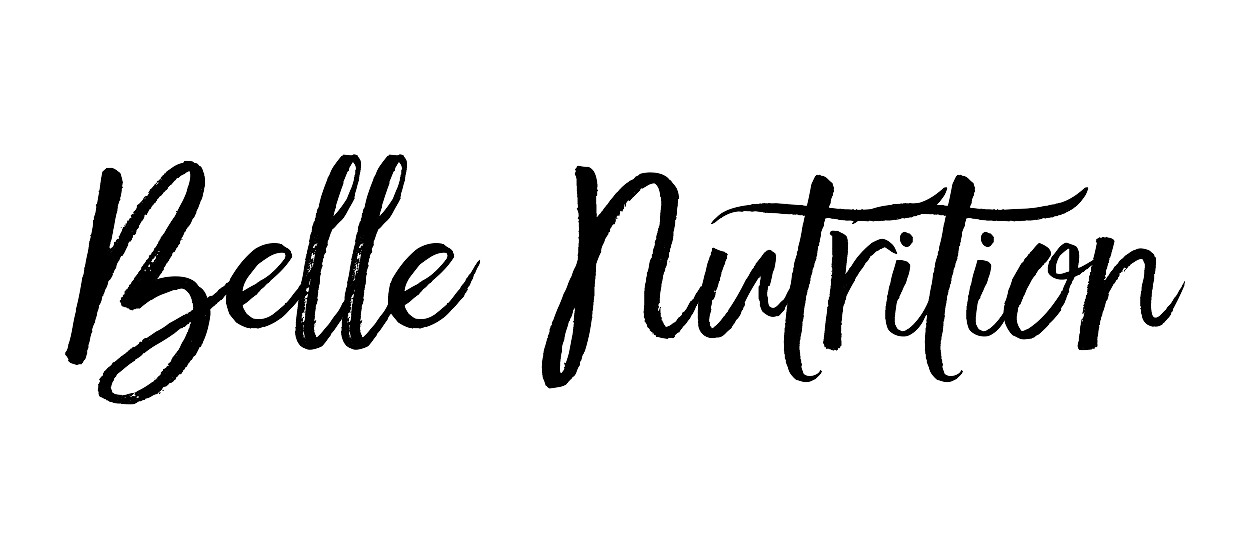I'd like to share my thoughts on encouraging those dear but pesky little neophobic children that are present in most kitchens around the country to be happy little eaters.
I don't have all the answers of course but having worked in the world of nutrition, hosting 'Taste Explorer' and 'Fussy Eating' courses and working on child weight schemes for a while now and having two of these small types myself I do have a few ideas of what might work!
Neophobia is the fear of the new. Those who study evolution have traced back and linked this fear of new food in toddlers down to the necessity of selecting non-poisonous berries and plants all those centuries ago.
Doesn't help hey when your child is hurling broccoli trees at you in unbridled disgust! What does help is remaining composed and having thought through your own strategies to deal with such behaviour.
For starters I would certainly employ creativity and play around food. Who decided that we should not play with our food? I disagree. Strict formality around mealtimes can suggest very rigid rules and behaviour which do not foster interest and passion at the eating table. Yes, we need boundaries and children should be encouraged to sit at the table to eat and remain seated. But in the preparation of food let’s get the kids involved. Halloween is a prime time to play with food, carving pumpkins and creating funky shaped biscuits. Christmas is another festive time ripe with such foodie opportunity. Let's turn the flesh of the pumpkin into soup and learn about sharing through the making and giving of themed foods (Halloween or Xmas biscuits for example).
When fussy behaviour creeps in it is important to react to this with level-headed and consistent emotion. Creating a battle ground can really embed anxious eating so be wary of what you are role modelling. See your role as the provider of healthy food. Whether the child decides to eat it or not is their own decision. All you can do is to provide and role-model the eating of these tasty meals, making the right noises of course. Be patient and see healthy eating as a long term project to avoid your own feelings of frustration getting in the way.
Avoid cooking two separate meals. I have one vegetarian and a devout meat eater but will always cook one pot or one main as otherwise we, as parents, begin to feel the strain. For example if I'm cooking Mexican then the theme will be the same for us all as a family; a veggie bean chilli sauce with Mexican chicken legs on the side. All the food gets served at the table and everyone digs in. It leads to a sociable and sharing experience and no-one gets excluded.
My current role at a private eating disorders clinic has highlighted my awareness of keeping one's own foodie issues (as a parent) very closed. Commenting consistently on your own issues around food (e.g. gluten free, avoiding sugar, food restriction, feeling 'fat') will establish normality around food exclusion and we all know how important it is to practice what we preach to our children.
Exclusion and food phobias can be tackled together. Why not work on foods which you have avoided to show your child that these things can be tackled, even an adult. I'm fond of using post-it notes to do this at the moment. For a child you could ask them to write their own post-it notes on fruits and veg which they find unappealing - for example 'Fruits are Friends' or 'I love green'. Rhyming notes which I've used recently with my clients include 'Go go go with the avocado'. The repetition of seeing these notes can help to accept that these foods are less than evil.
This idea brings us back to the idea of creativity and making food fun and meal times relaxed.
More to come in part 2.


